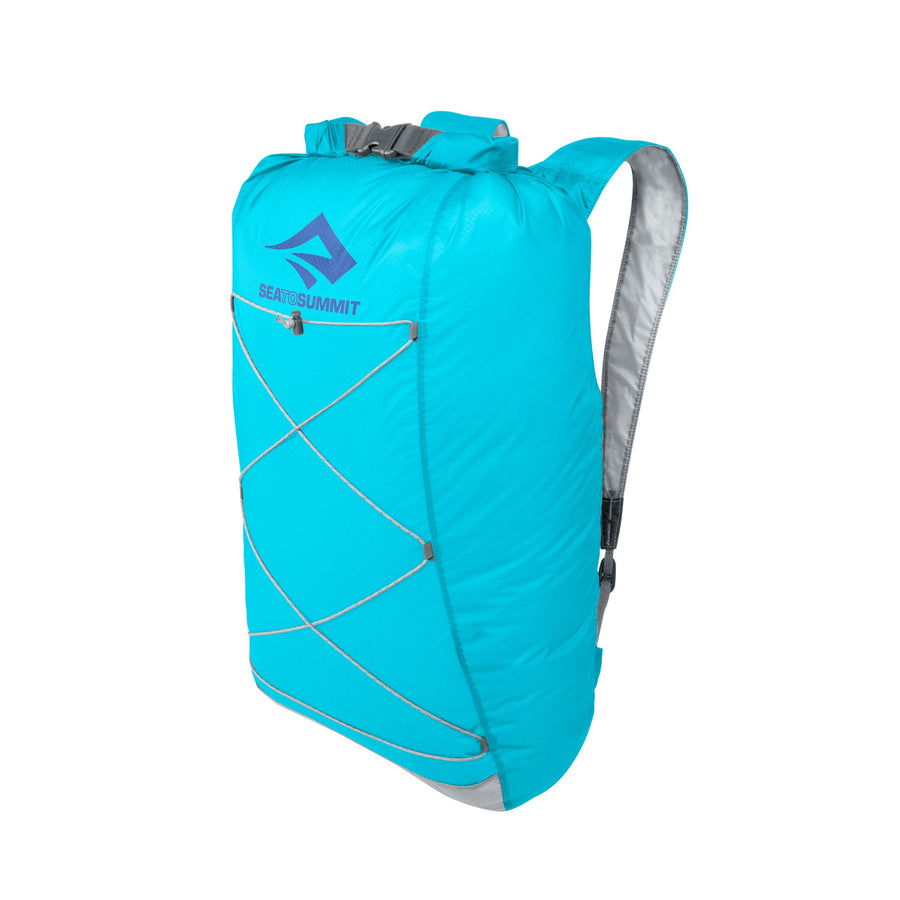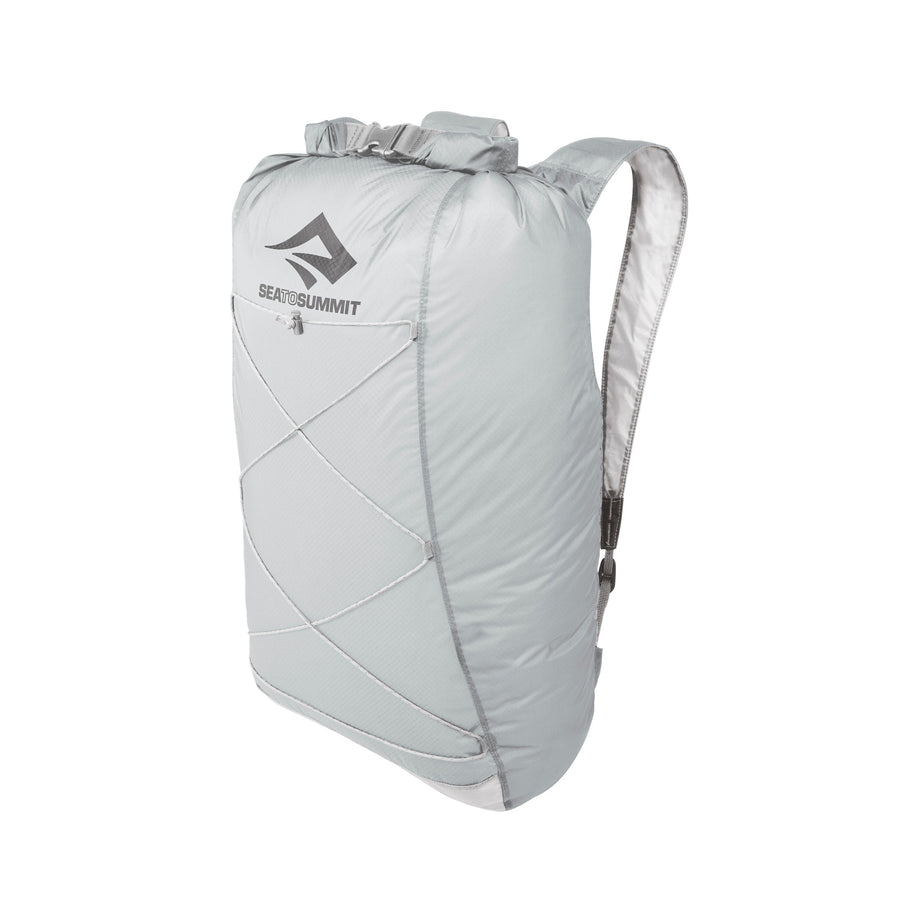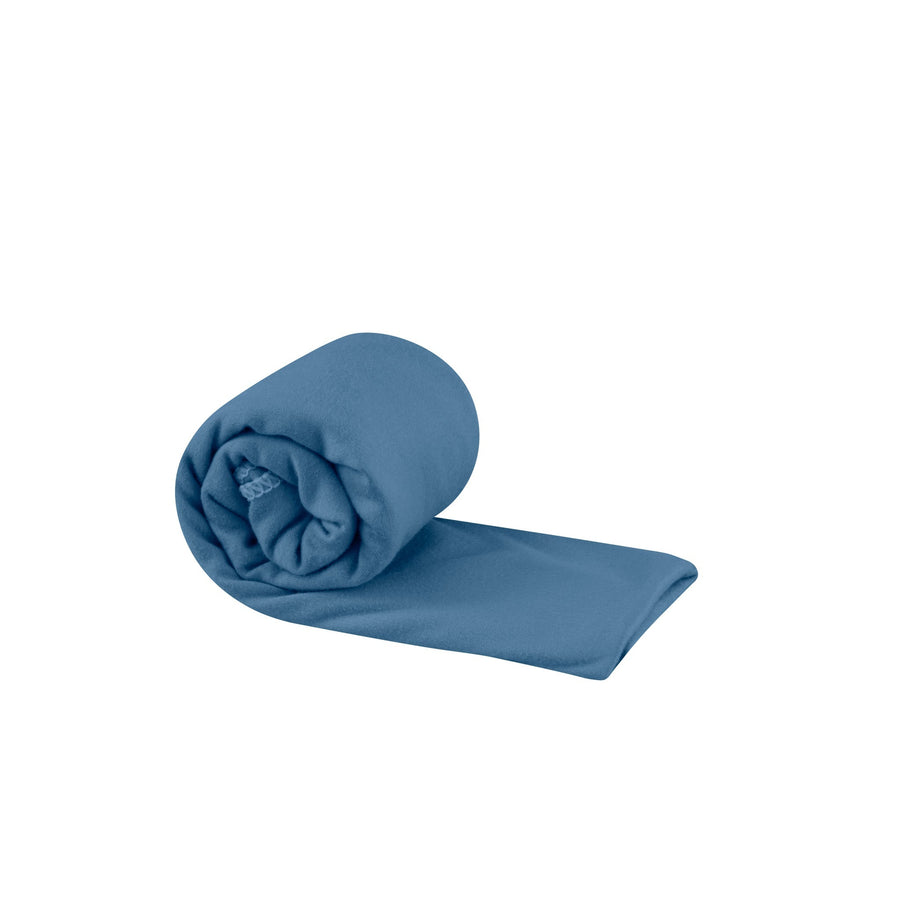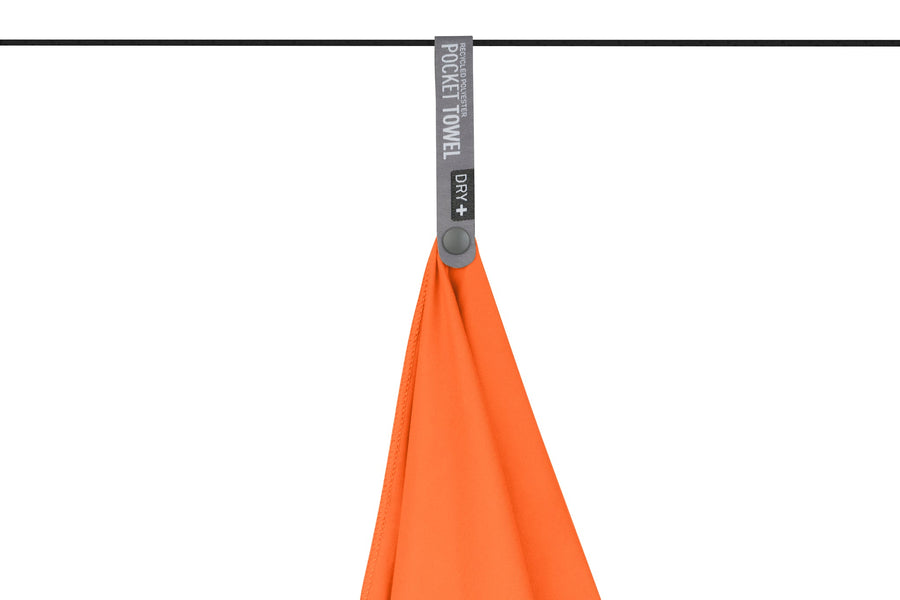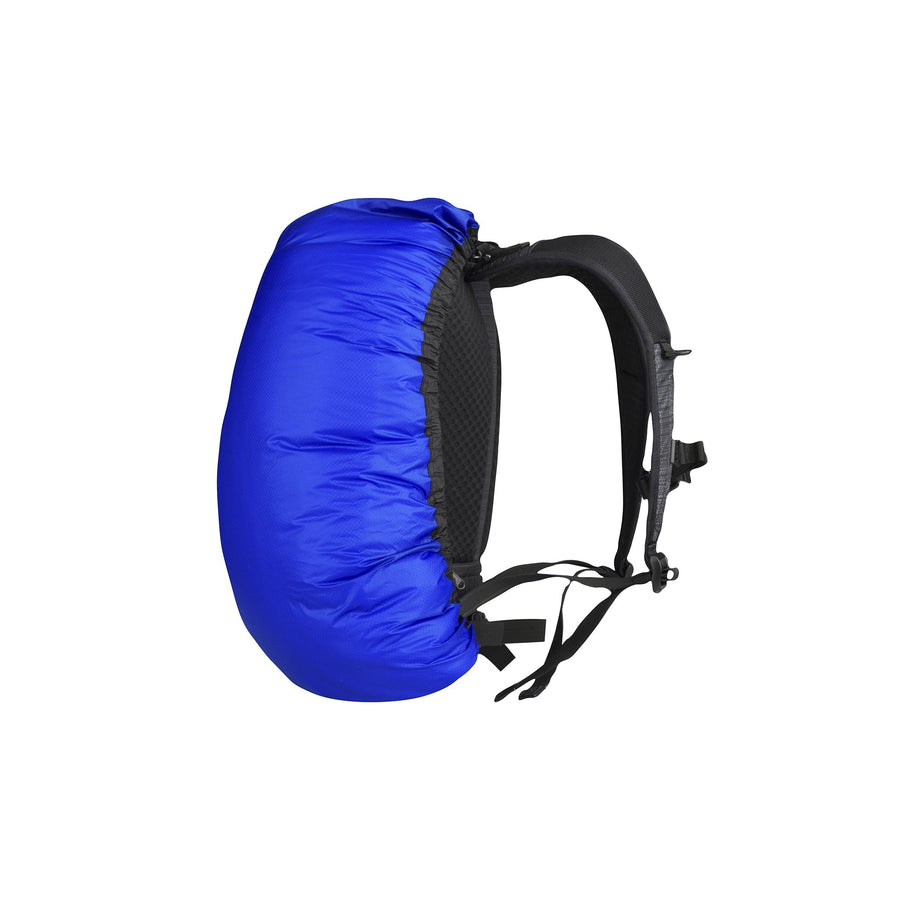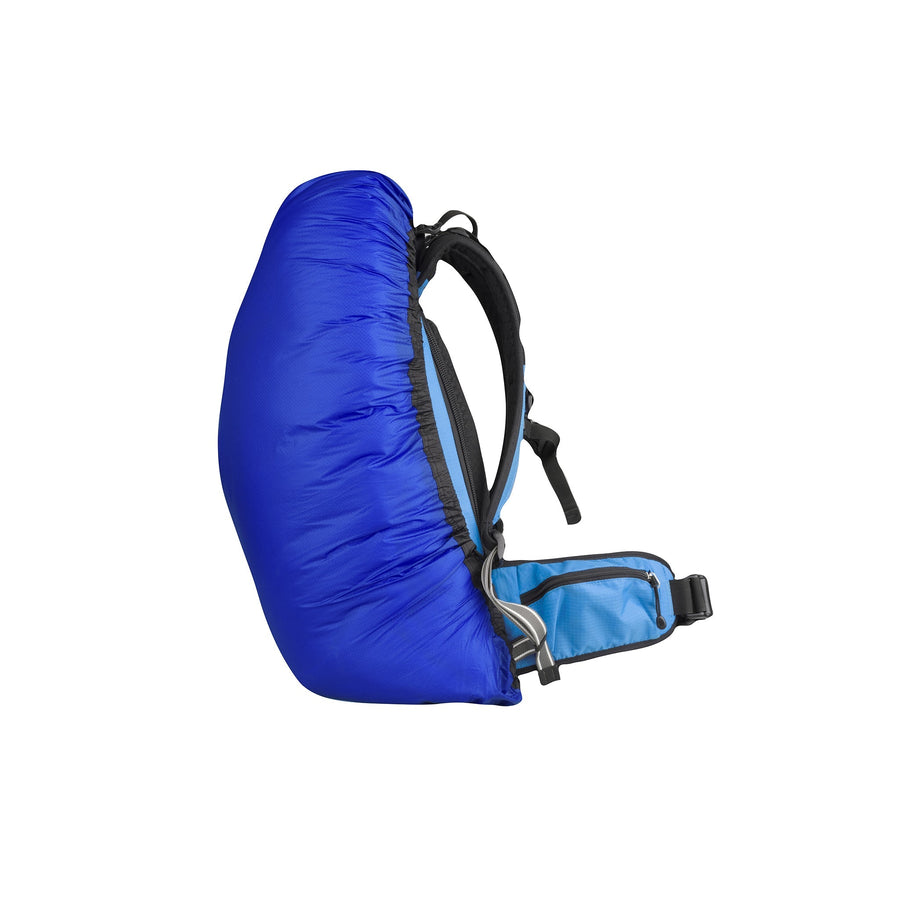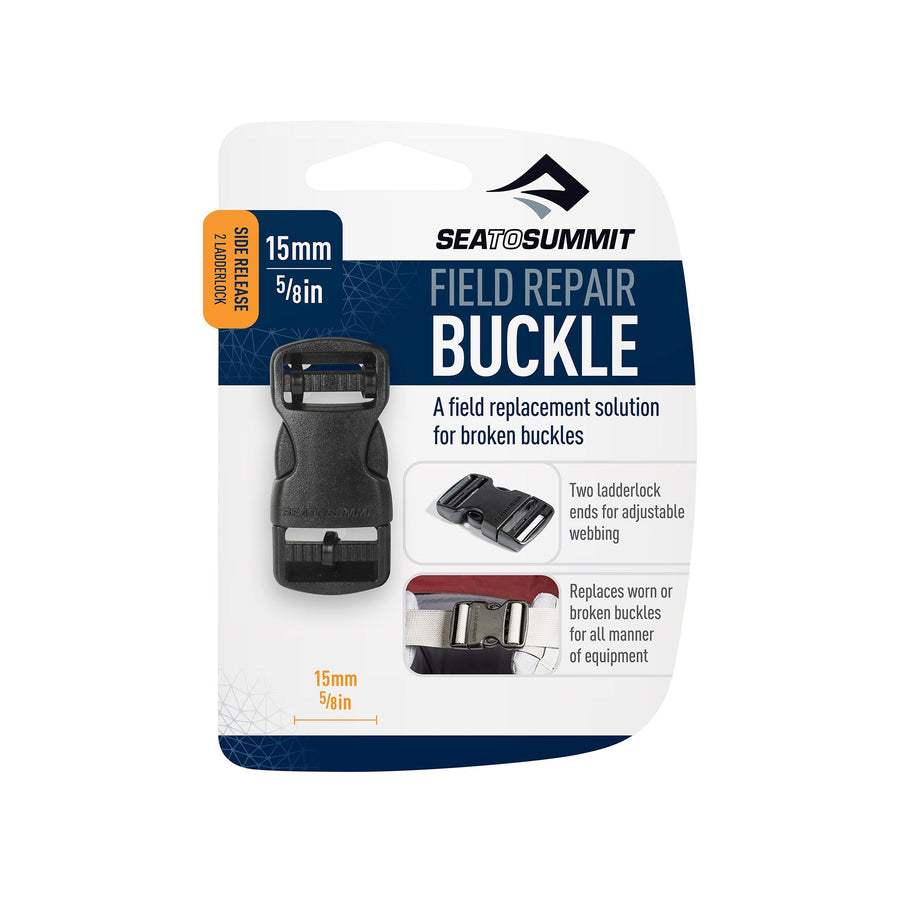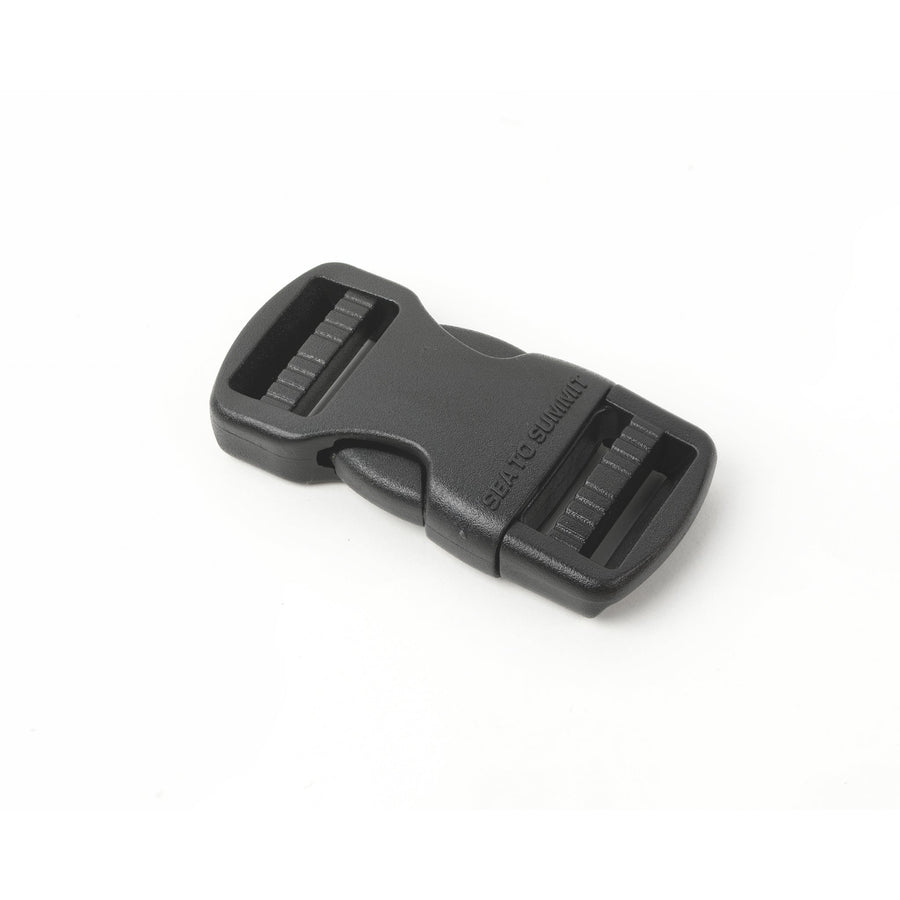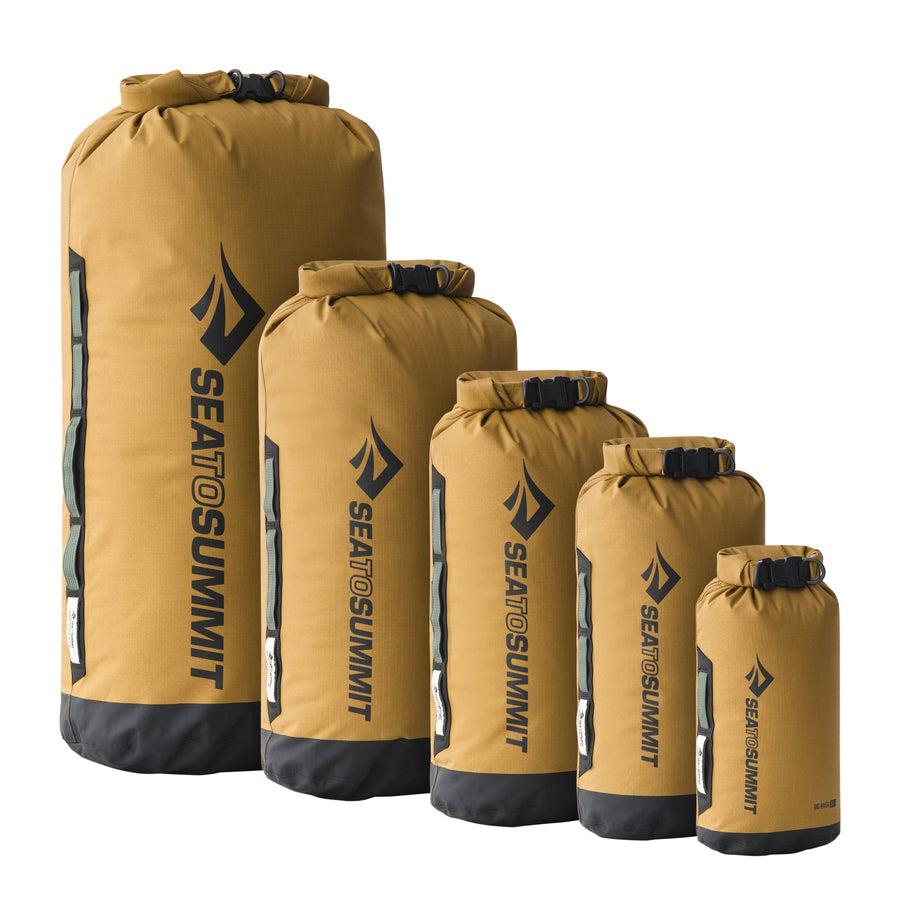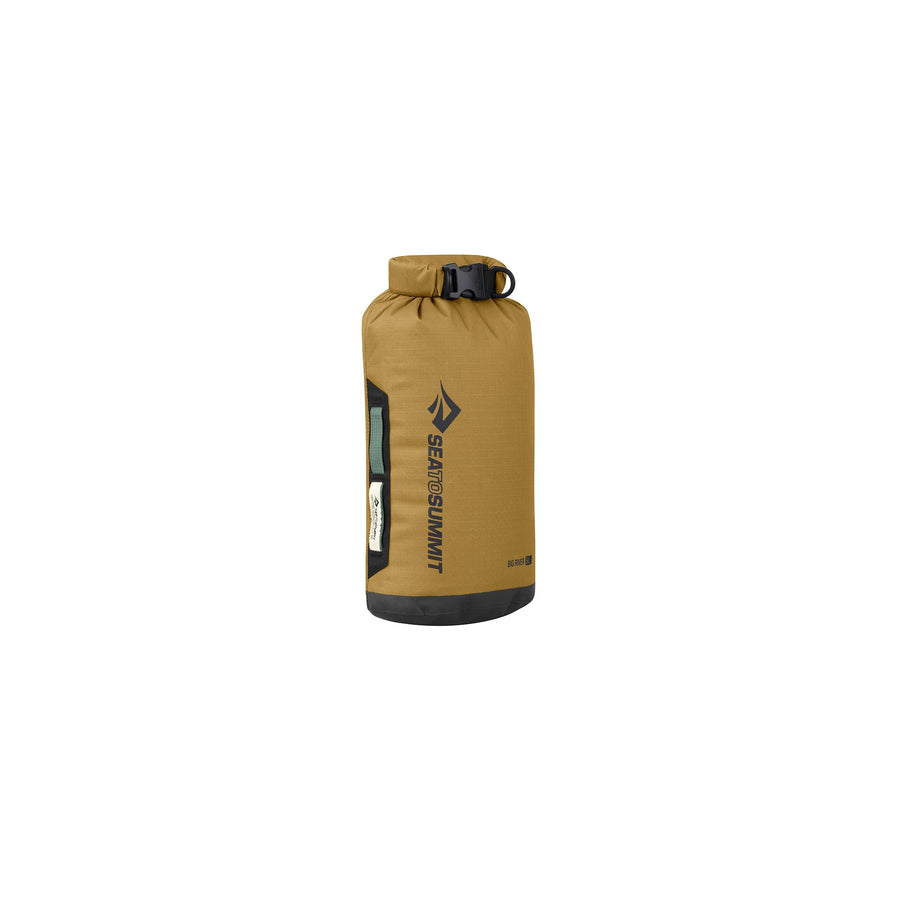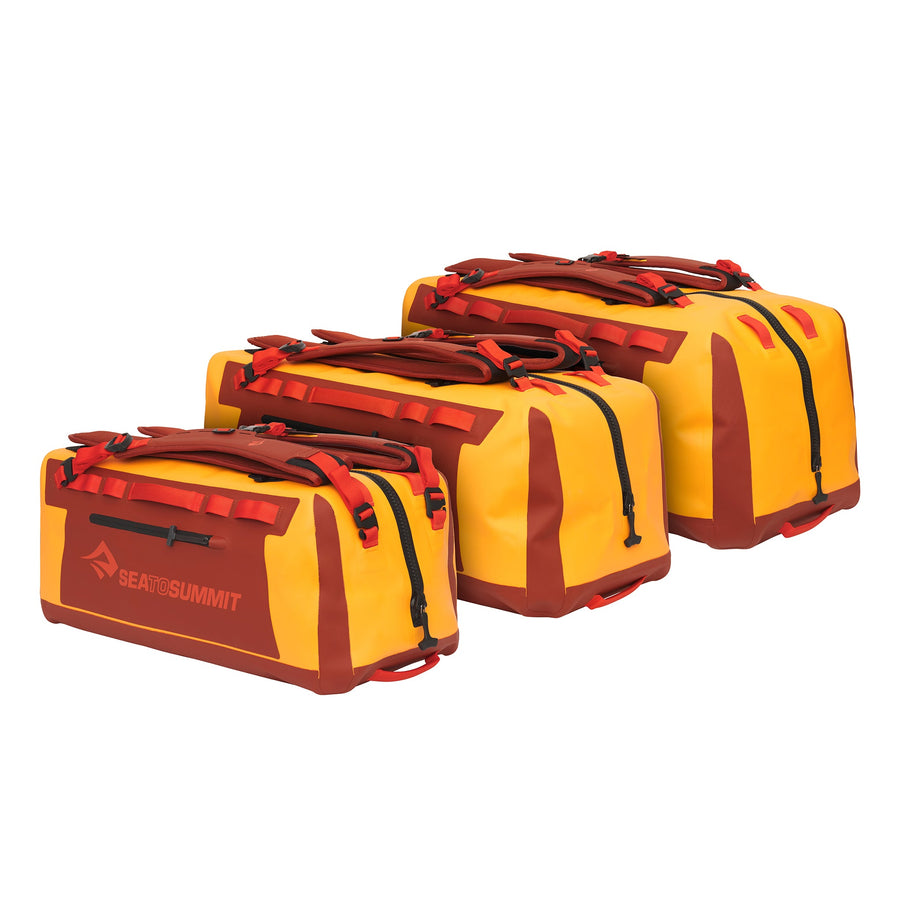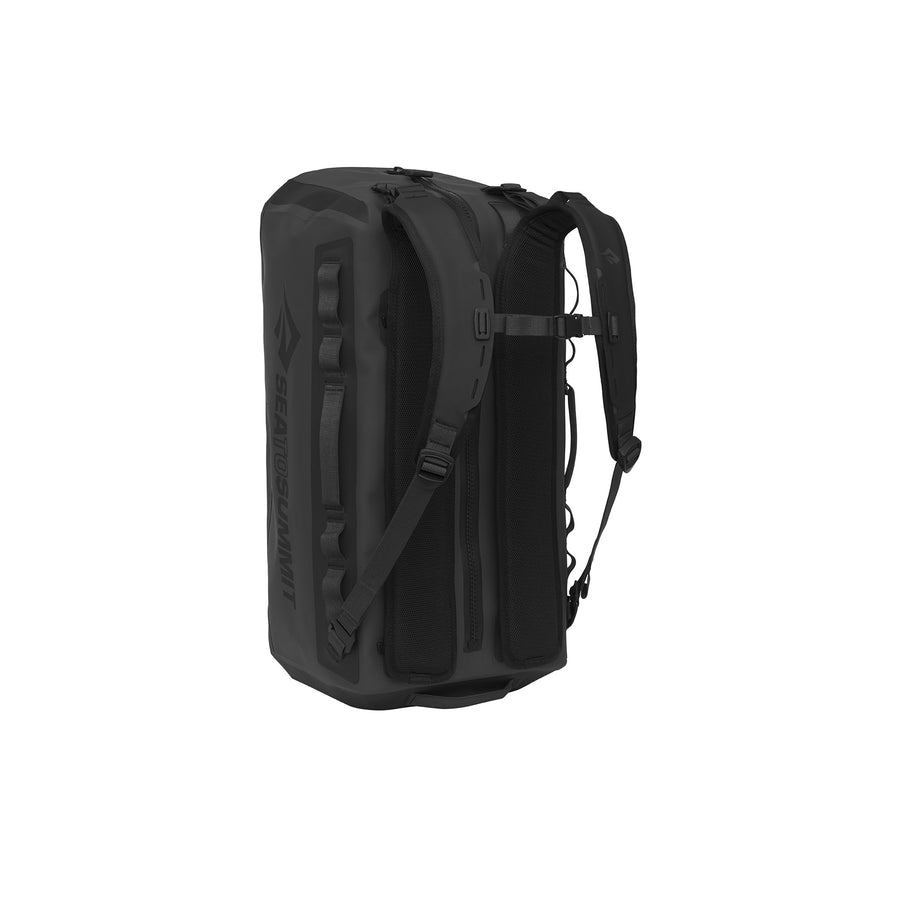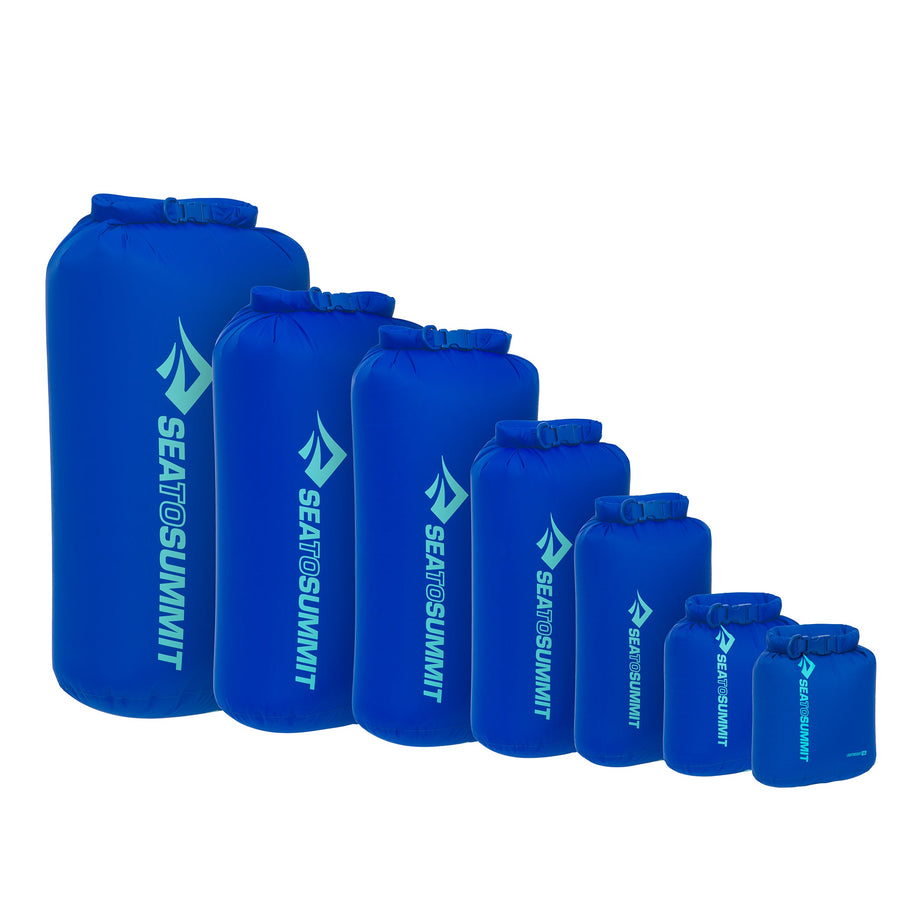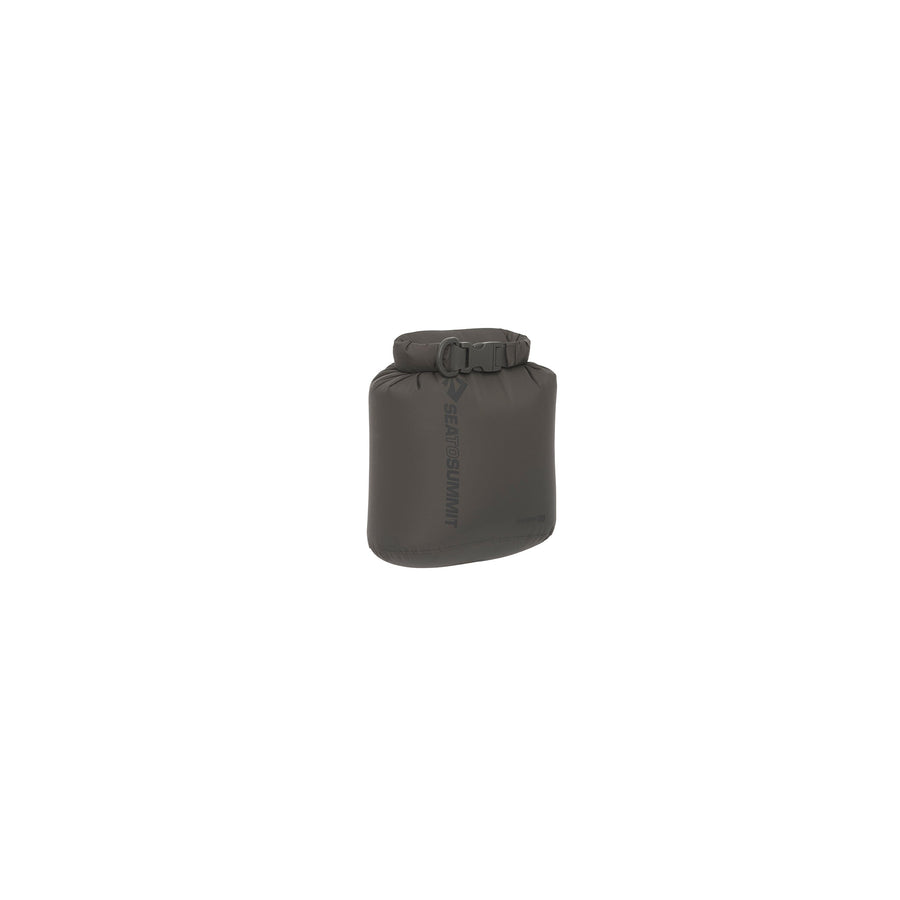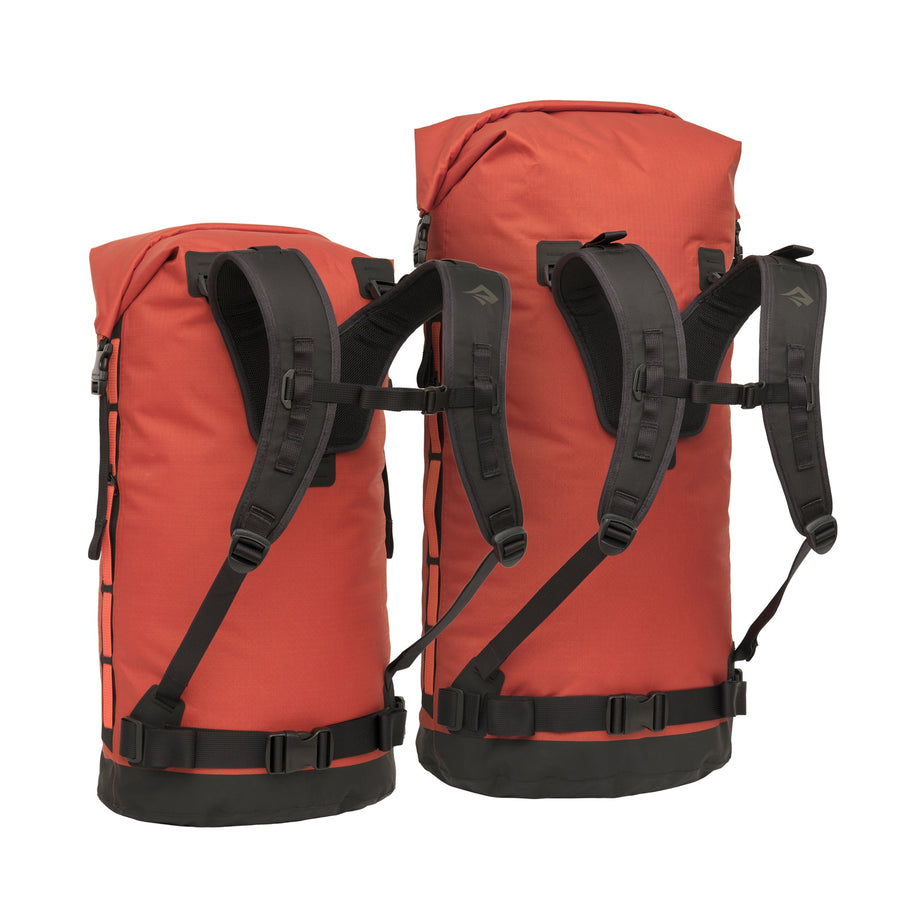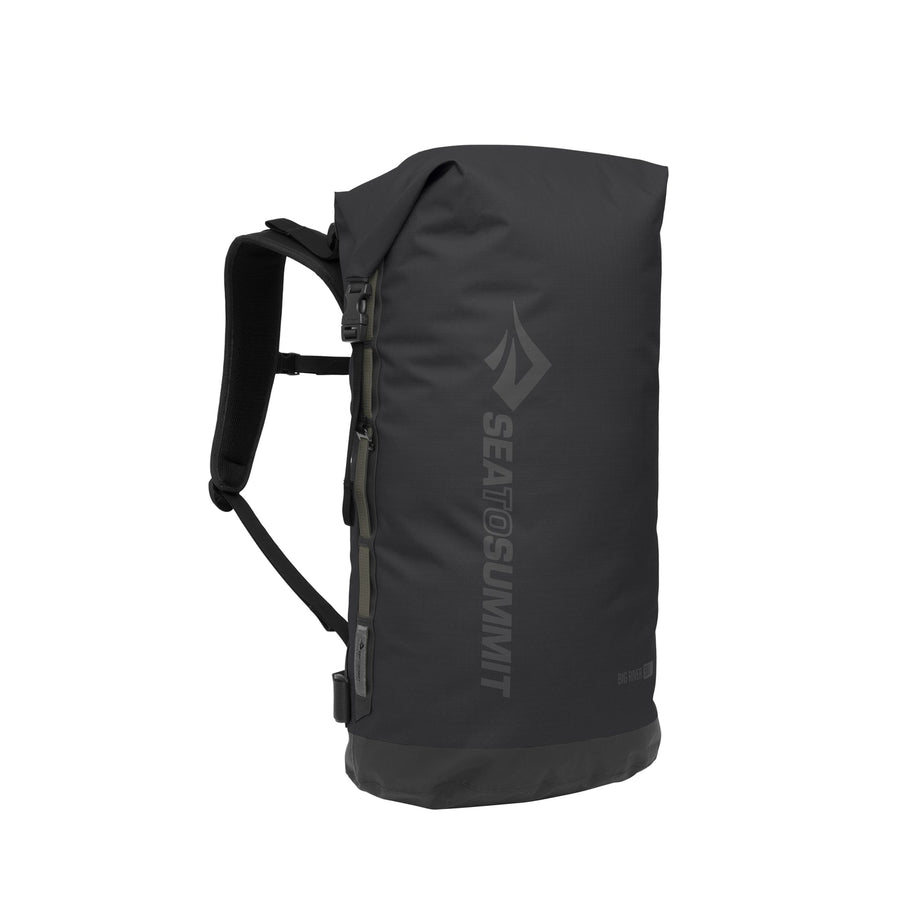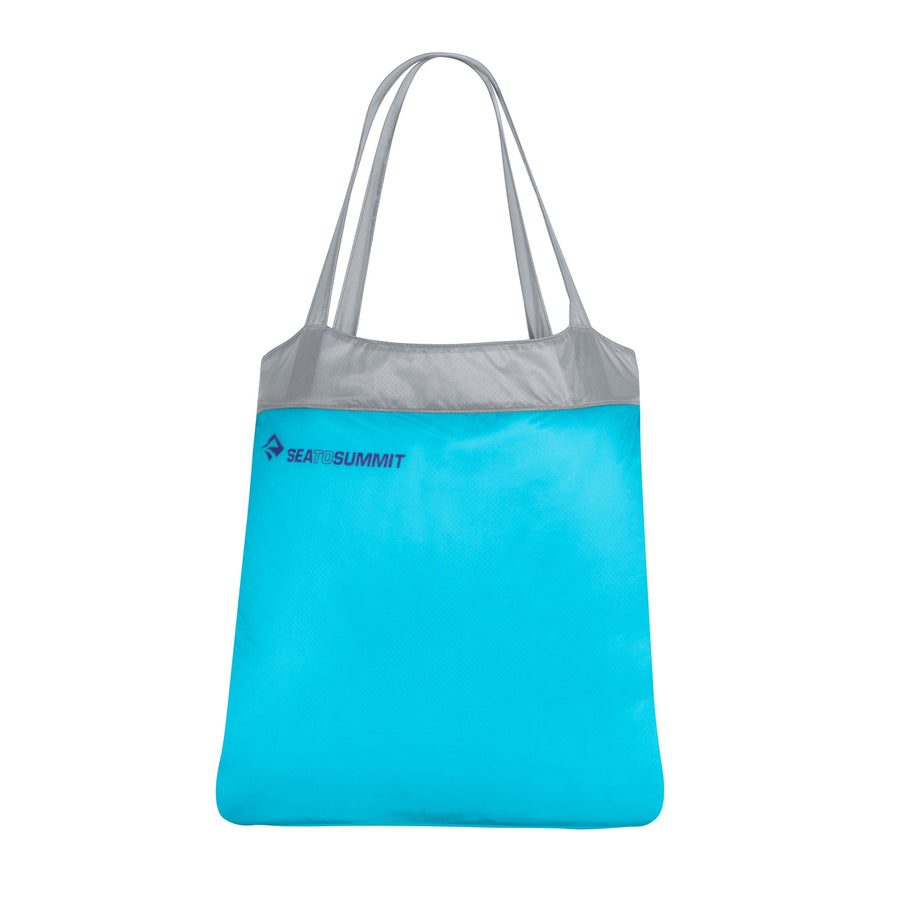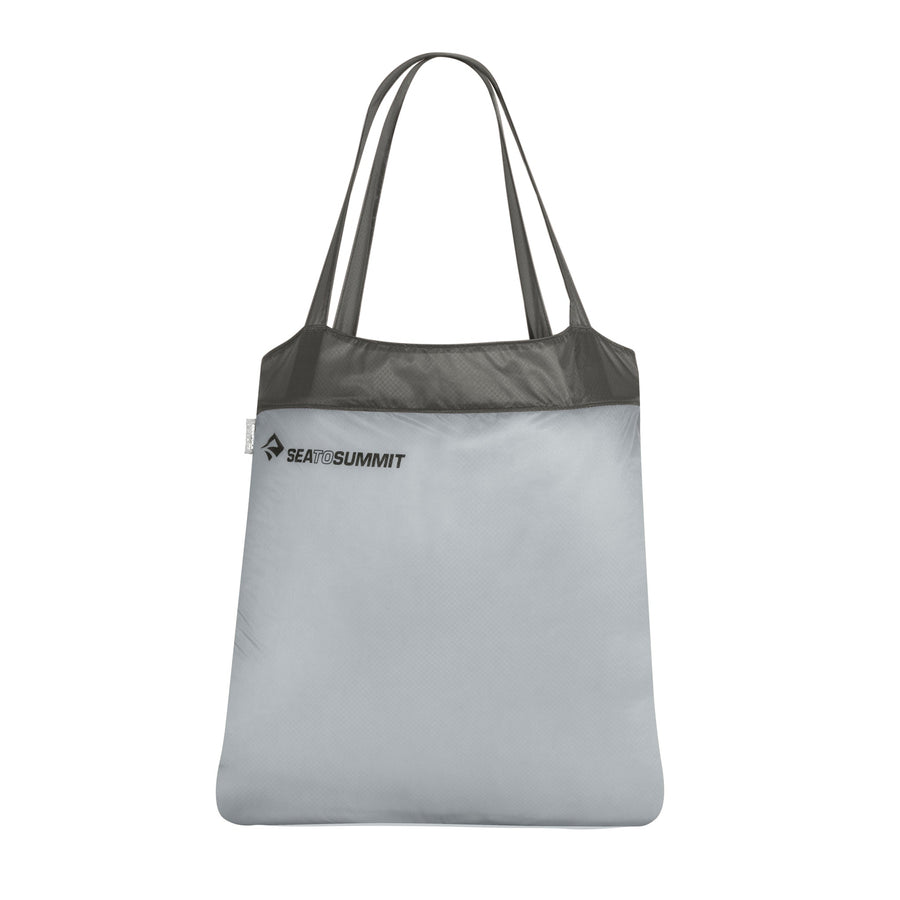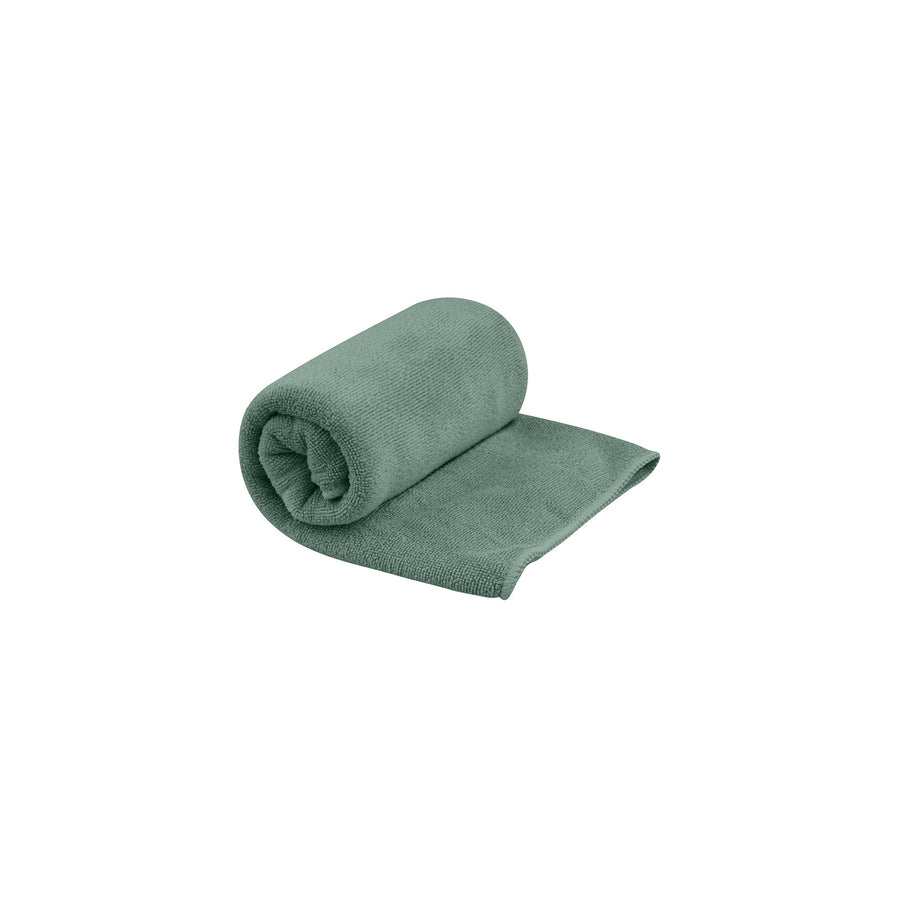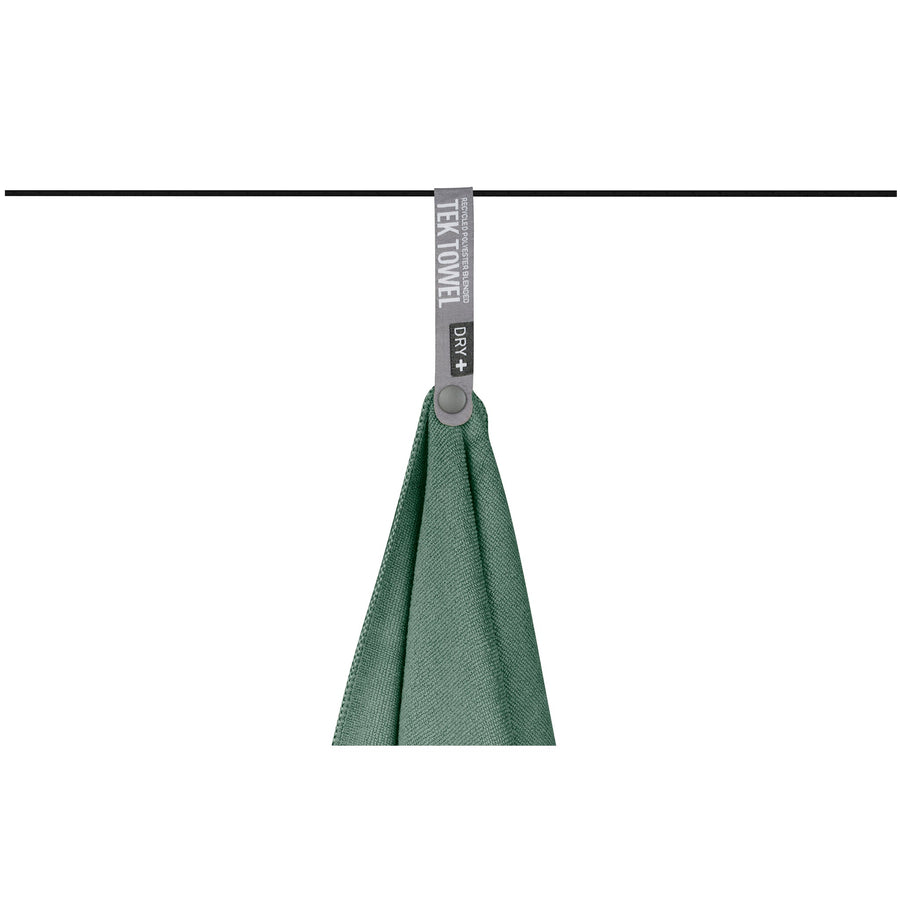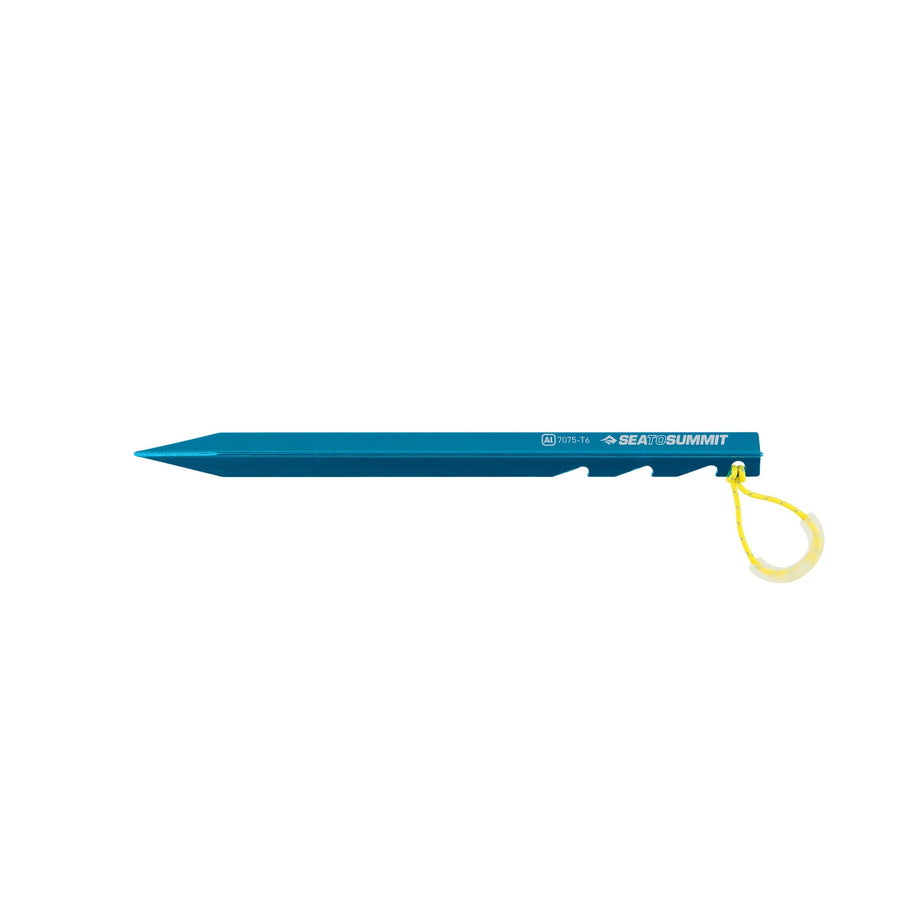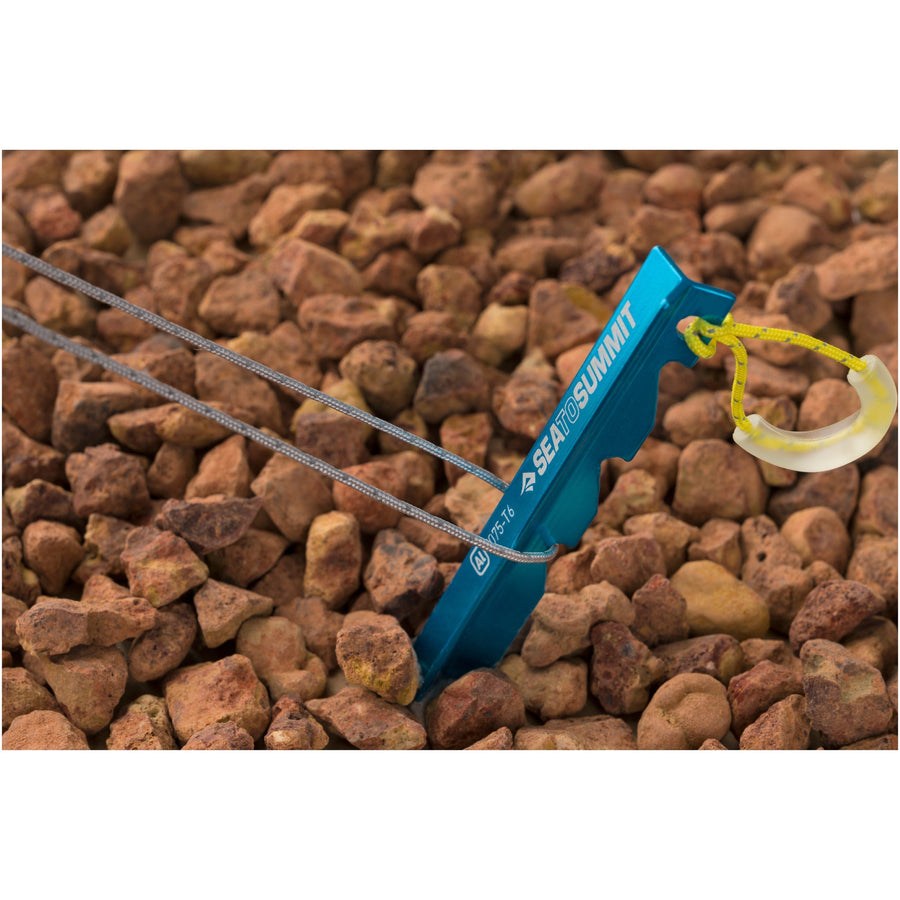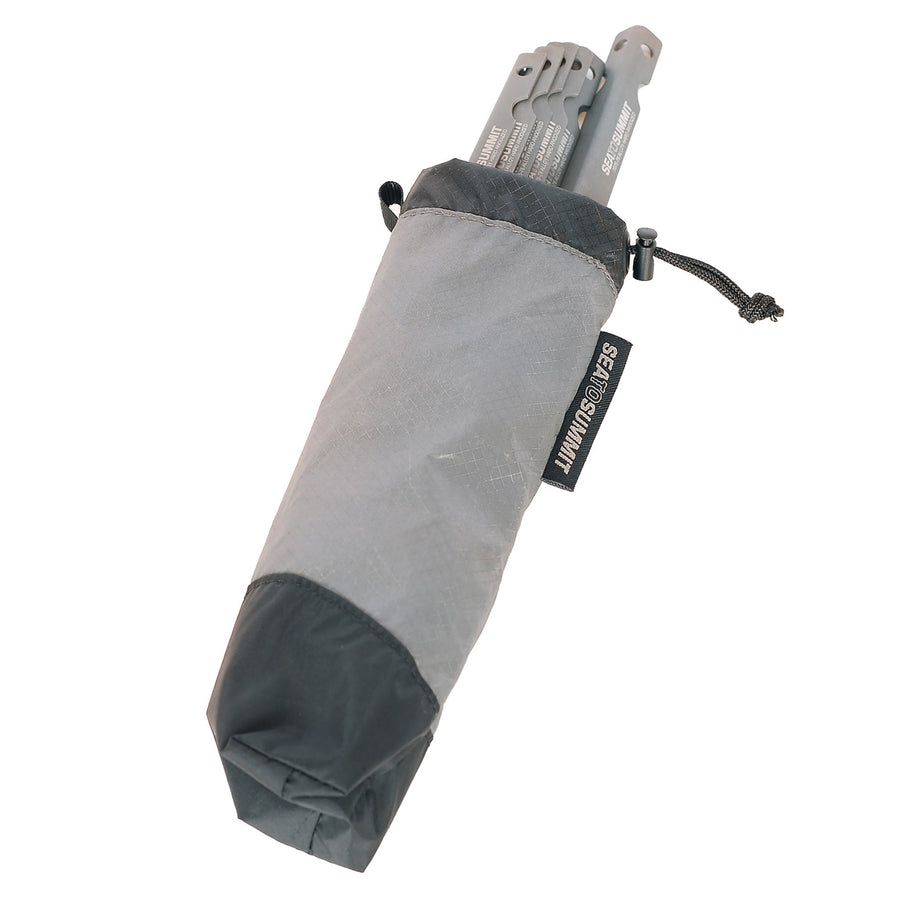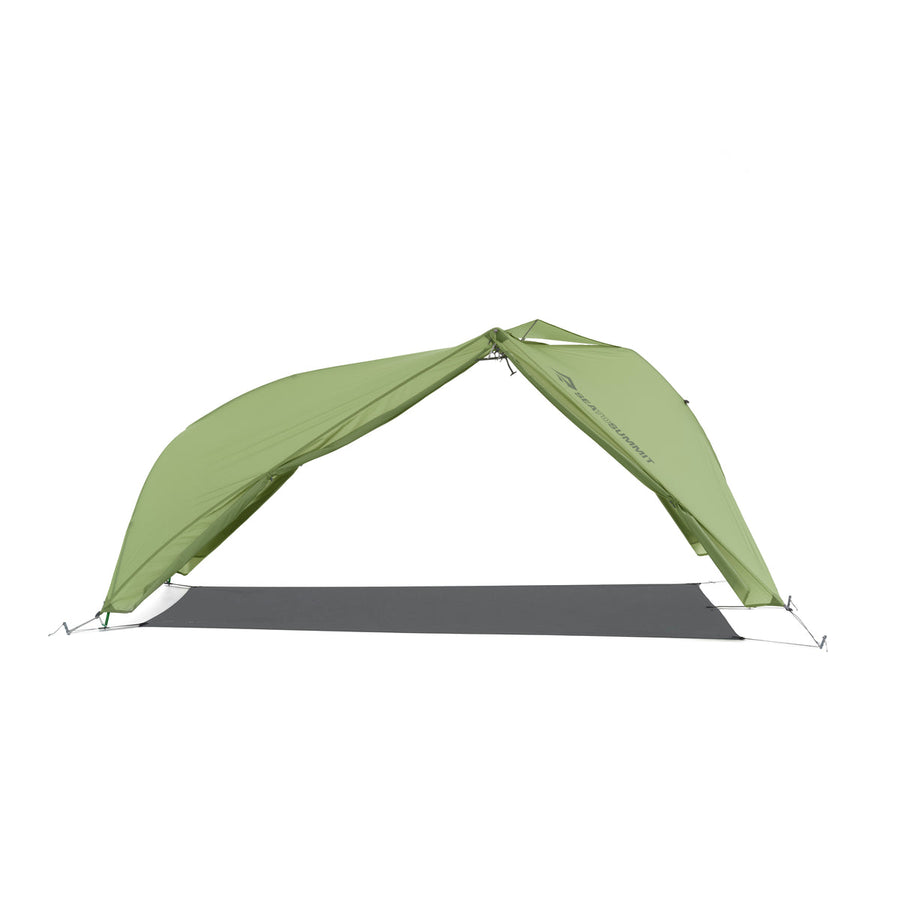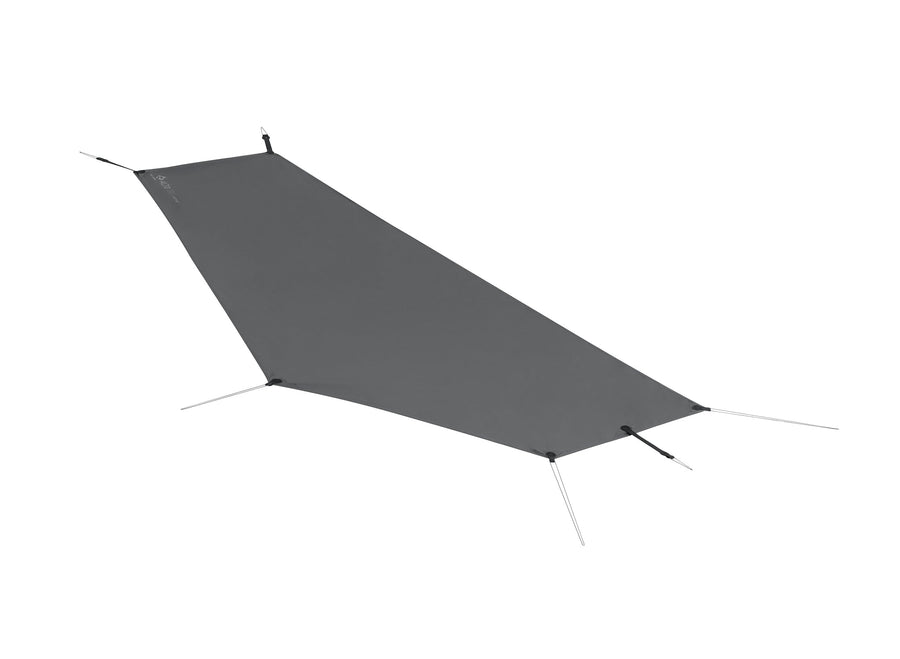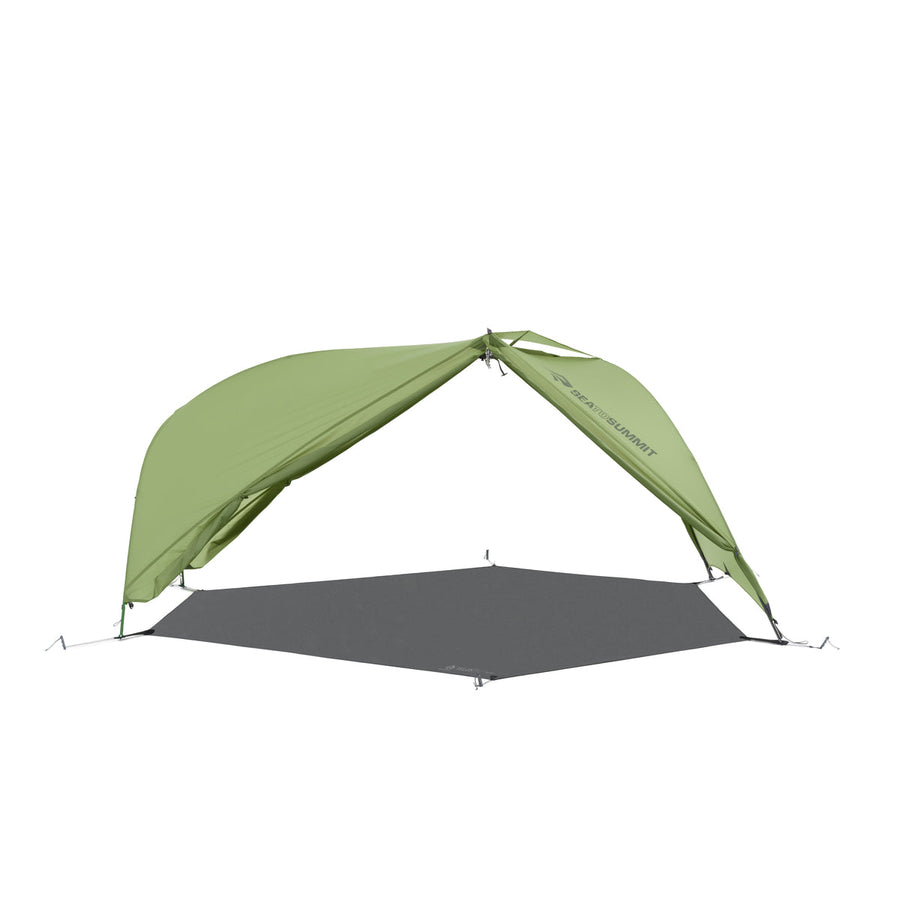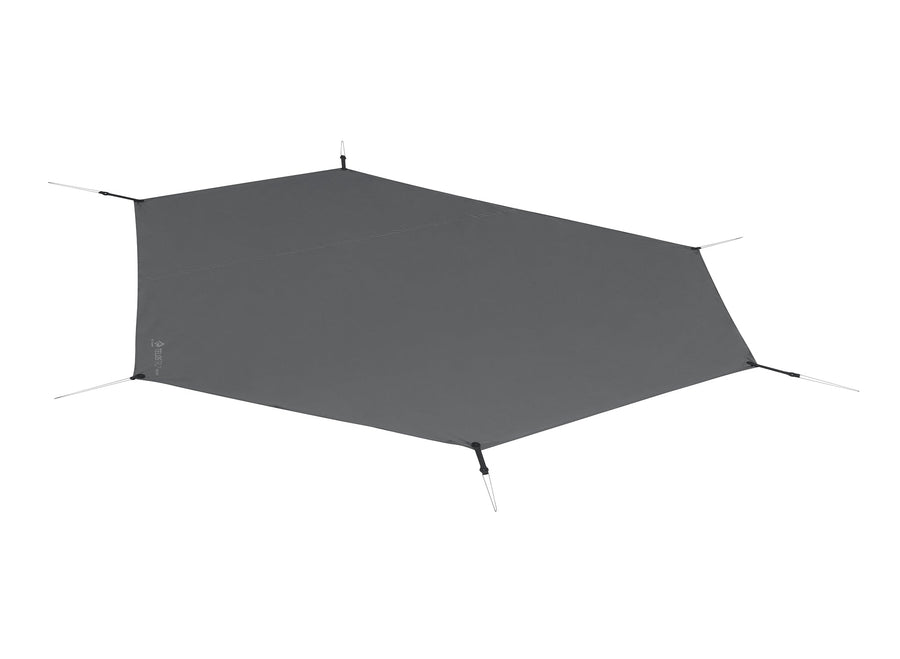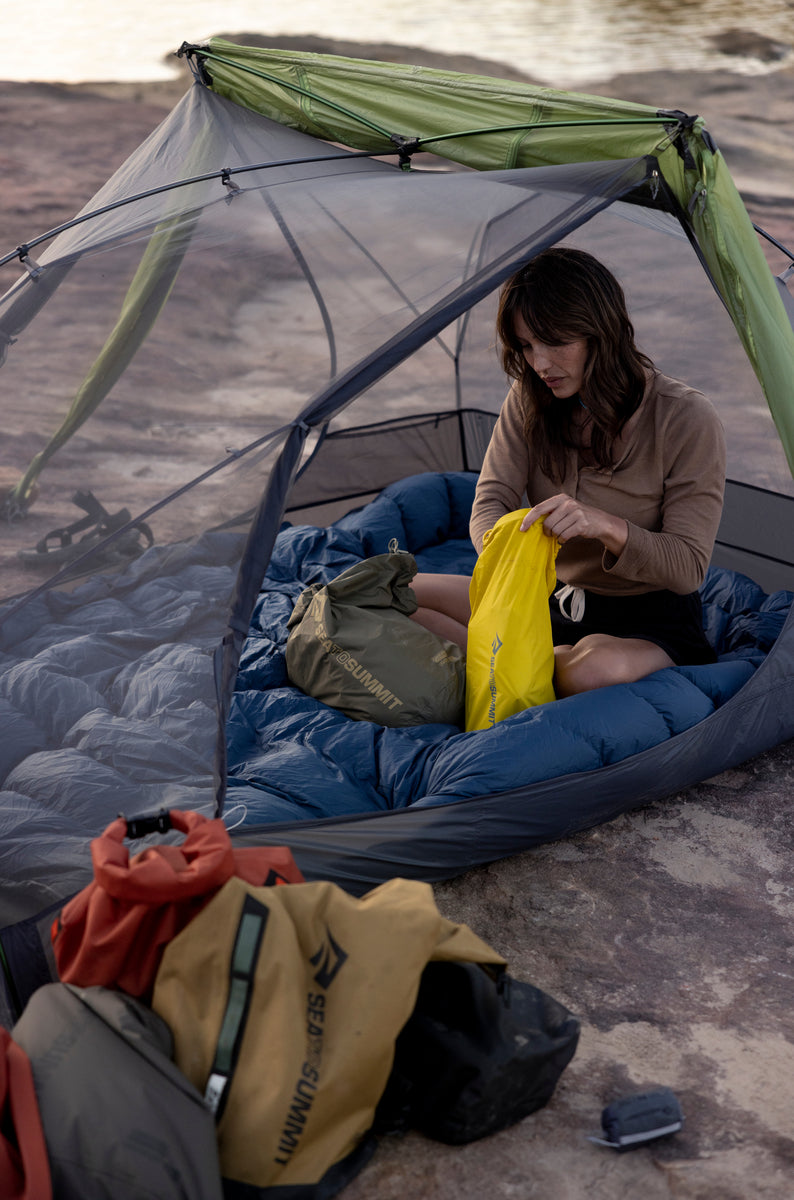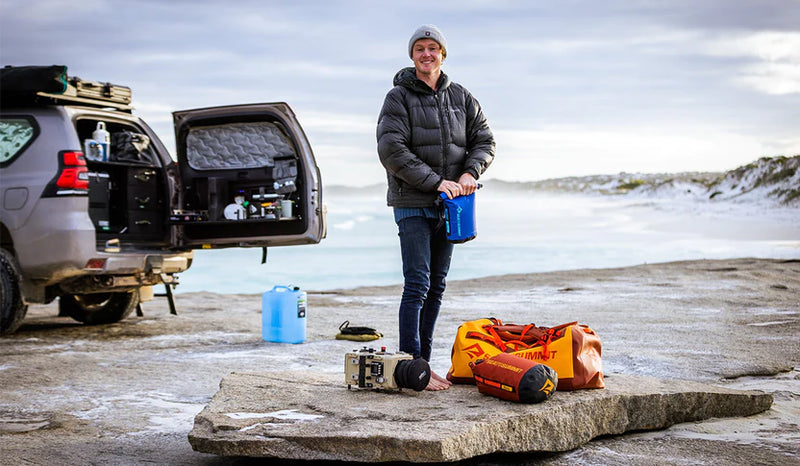Choosing and Caring For Liners
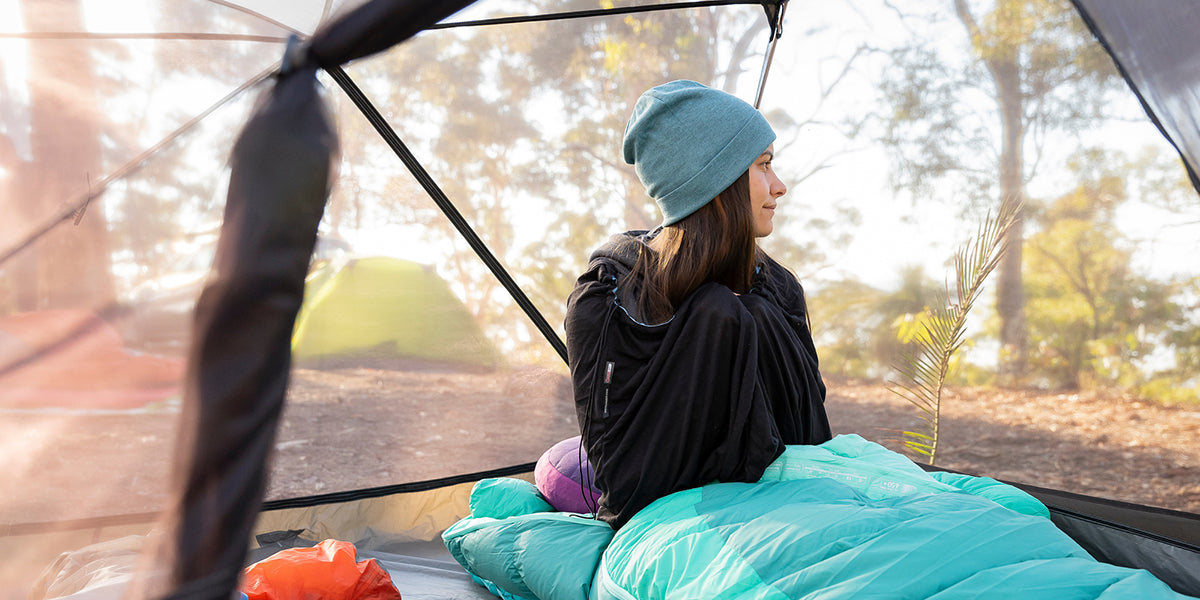
How do I care for my Sea to Summit Reactor, Adaptor, or Silk Liner?
- Liners can be washed in a home washing machine using normal detergent (referred to as laundry 'soap'). Please note if using a top-loader washing machine, we would strongly suggest putting the liner inside a pillowcase to prevent the impeller (the spiral plastic rotating column in the drum of the machine) possibly snagging the drawcord.
- Wash on the delicates or gentle cycle.
- Do not use fabric softener. It will decrease the wicking performance of the fabric.
- Air dry the liner. Drying the liner in a dryer will expose it to excessive heat that can damage the fabric.
Can I use the Reactor/Reactor Compact Plus/Reactor Extreme/Reactor Fleece Liner as a stand-alone sleeping bag?
If you are using the Reactor/Reactor Compact Plus/Reactor Extreme Liner/Reactor Fleece Liner as a stand-alone bag outdoors (rather than, say, in a hostel), the principal factor to be aware of is moving air. The knit fabric of the Reactors allows air to pass through quite easily, which in their normal use - inside a sleeping bag - helps ensure a comfortable sleeping environment. However, when used as a stand-alone bag, cooler air passing through from the outside will rob you of the warm layer of air you have generated inside the bag.
If you are inside a tent, this is less of a factor; if not, you may need something to cover the bag (perhaps a poncho, or a lightweight bag cover). As far as temperature is concerned, a rough 'rule of thumb' would still put the minimum air temperature at which you would remain comfortable at around 60F / 15C. If you use a lightweight bag cover over the liner (which prevents heat loss due to moving air) a reasonably comfortable temperature rating would be 50F / 10C. The Reactor Extreme would probably be your best bet for this kind of use.
How much additional temperature performance will a thermal liner add to a sleeping bag?
There is an extensive blog post which deals with the add-on thermal performance you can expect from a liner.
It helps to explain the factors involved in heat loss through different sleeping bag designs and through different sleeping pads - and it encourages you to think of a liner, a sleeping bag and a sleeping pad as a layered system. By doing so, you will have much greater chance of creating the right system for your use - and therefore getting a good night's sleep.
